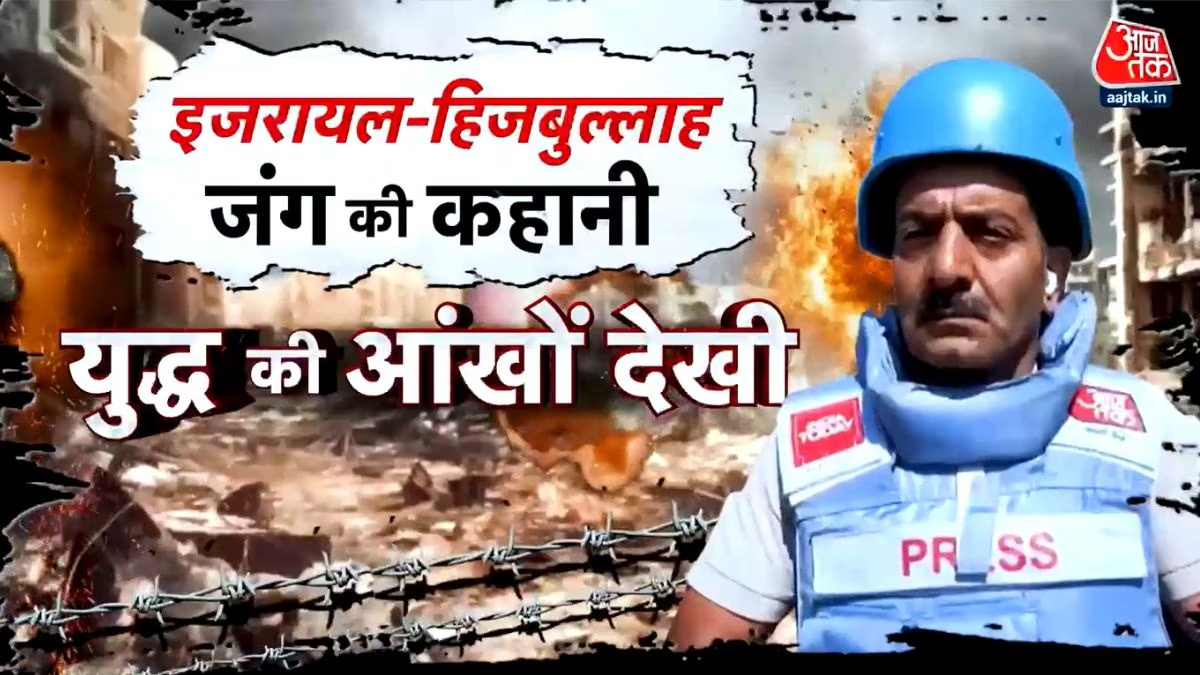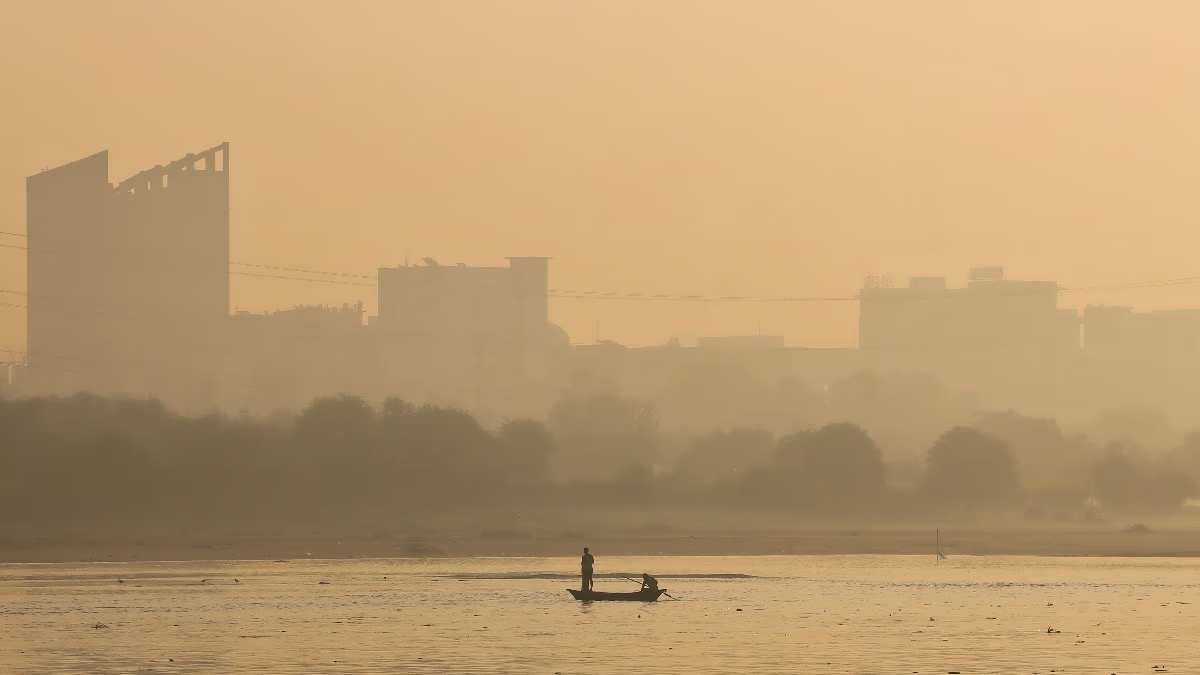The pager blast on September 17 in Lebanon sent ripples across the globe, claiming the lives of several Hezbollah fighters. It marked a rising flame of conflict between Israel and Hezbollah. On the night of September 27, Israel launched an airstrike on Hezbollah’s headquarters in Beirut, killing Chief Nasrallah, marking the onset of open warfare between the two. Aaj Tak became the first Indian media to cover the conflict from Lebanon, providing real-time updates from ground zero. Upon returning, Ashraf Wani shared his firsthand account of the Israel-Hezbollah war, warning that Lebanon may be on the brink of destruction, similar to Gaza.
Highlighting Lebanon's current state, Ashraf Wani stated, "When I reached Lebanon, many journalists and news channels hadn’t yet realized this situation might escalate into major warfare. However, Aaj Tak always discerns and identifies news early. The September 17 pager blasts were a new tactic in warfare, prompting us to prepare for the imminent significant conflict. Consequently, I was the first Indian journalist to arrive in Lebanon, even before many foreign journalists. When the Israel-Hamas war began on October 8 last year, Aaj Tak was also among the first to arrive."
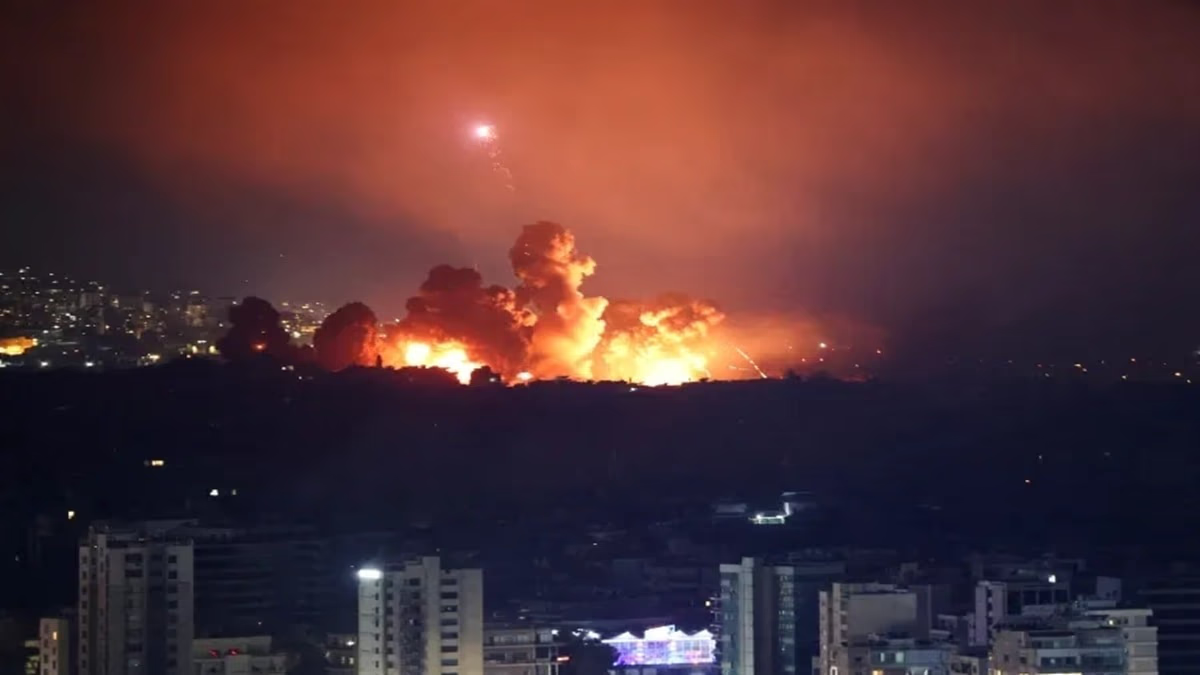
Source: aajtak
He further elaborated that unlike his last visit, this time Beirut was ablaze, with fires and smoke visible in multiple locations. Previously, only sectors along the Israel-Lebanon border were affected, but now South Beirut, known as Dahia, is burning. This area, Hezbollah’s stronghold, housed their headquarters, targeted by Israel where Nasrallah was killed. Numerous other commanders have also been targeted in recent years, contributing to the area’s significant expansion. In Dahia, authority over any new development rests solely with Hezbollah.
The Driver’s Remark - This Isn’t the Old Lebanon
Upon landing and witnessing smoke from the airport, Wani became anxious. His driver, a seasoned expert having witnessed multiple wars, informed him, "This is not the Lebanon you visited before. While previous conflicts were confined to limited areas, now Israeli forces strike anywhere in Beirut. On the day of Wani’s arrival, South Beirut witnessed attacks, even in the relatively secure city center where his hotel was located, the sounds of bombing were prevalent.
Lebanon on the Verge of Becoming Gaza
On the following evening, a massive explosion occurred. Upon inquiring, the hotel manager informed Wani it was an attack on Hezbollah's headquarters. Observing from the hotel rooftop, he saw parts of Beirut burning. The intensity of the conflict grew, with Israel later asserting their aim to finish Hezbollah just as they dealt with Hamas. Three months ago, Netanyahu declared that if Hezbollah continued to launch rocket attacks on Israel, they would be obliterated. At the time, this was perceived jokingly, but after spending 15-16 days in Lebanon, Wani believes Netanyahu’s forces might be advancing towards that goal. Lebanon could face a fate similar to Gaza's recent ordeal.
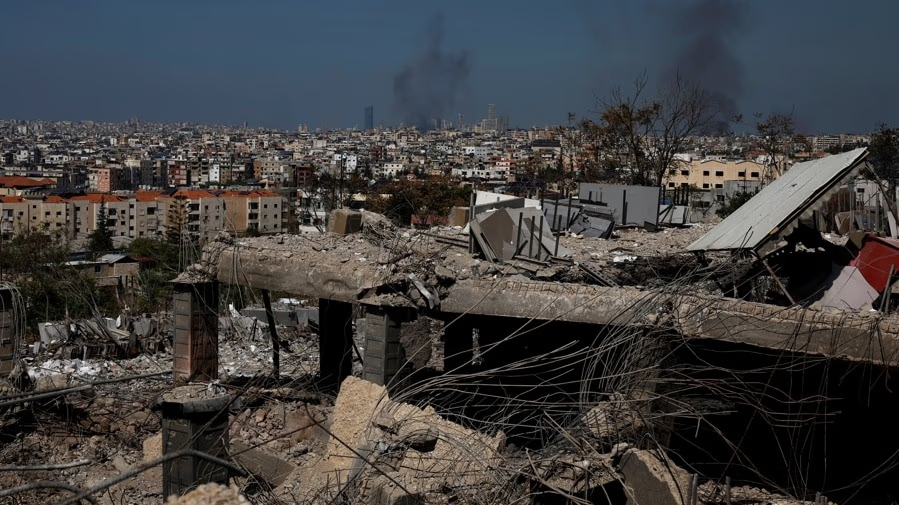
Source: aajtak
‘I Have Witnessed Many Wars in 26 Years’
Discussing the hazards of war zone reporting, Ashraf Wani expressed gratitude for his 26-year journalism career with Aaj Tak, covering numerous wars. His journey began with breaking the Kargil war news, where he was among the first report from the conflict site. He has reported from Pakistan during Indo-Pak tension and explored internal dynamics there, covered Afghanistan’s war multiple times during its peak, and tried to access Palestine but was restricted by Israel. Undeterred, he visited Lebanon again to cover the war, having prior experience in the Iraq war as well.
Unique Approach of the Israeli Military
Wani observed that the Israeli military’s approach differs significantly from others, with scant regard for civilian differentiation. In their quest to eliminate enemies, collateral damage is frequent, as seen in Gaza where 60% of casualties were women and children, unlikely to be Hamas fighters. He considers himself fortunate, as 177 journalists have been killed in Israeli airstrikes during the Gaza attacks. In Lebanon’s ongoing conflict, 16 journalists have fallen victim to Israeli bombings. Hence, those covering these wars should consider themselves reborn, as does Wani.
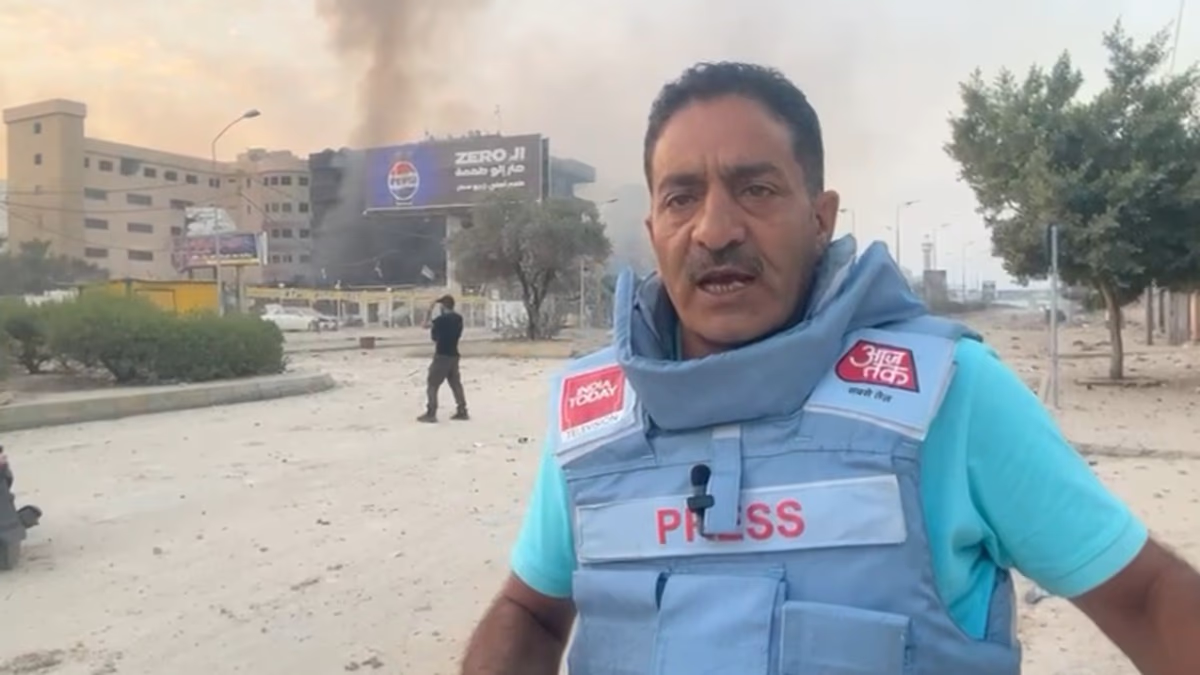
Source: aajtak
Securing Vehicles and Food in War Zones
Wani described the logistics of securing transportation and sustenance in war zones. In normal conditions, the cost of a vehicle would double, with many drivers refusing due to fear of drone attacks. Despite ongoing conflict, food scarcity isn’t a major issue as people still need to eat. The primary challenge arises when the capital becomes a target; daylight allows limited visibility to assess situations, but nights bring uncertainty and potential threats. Reporting tasks often bring encounters with other international reporters, although streets remain desolate with civilians scarcely seen.
